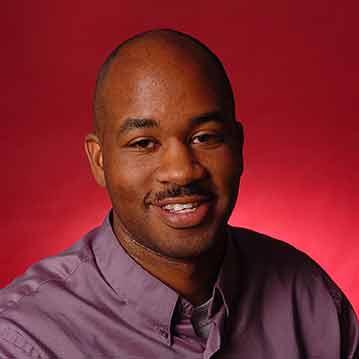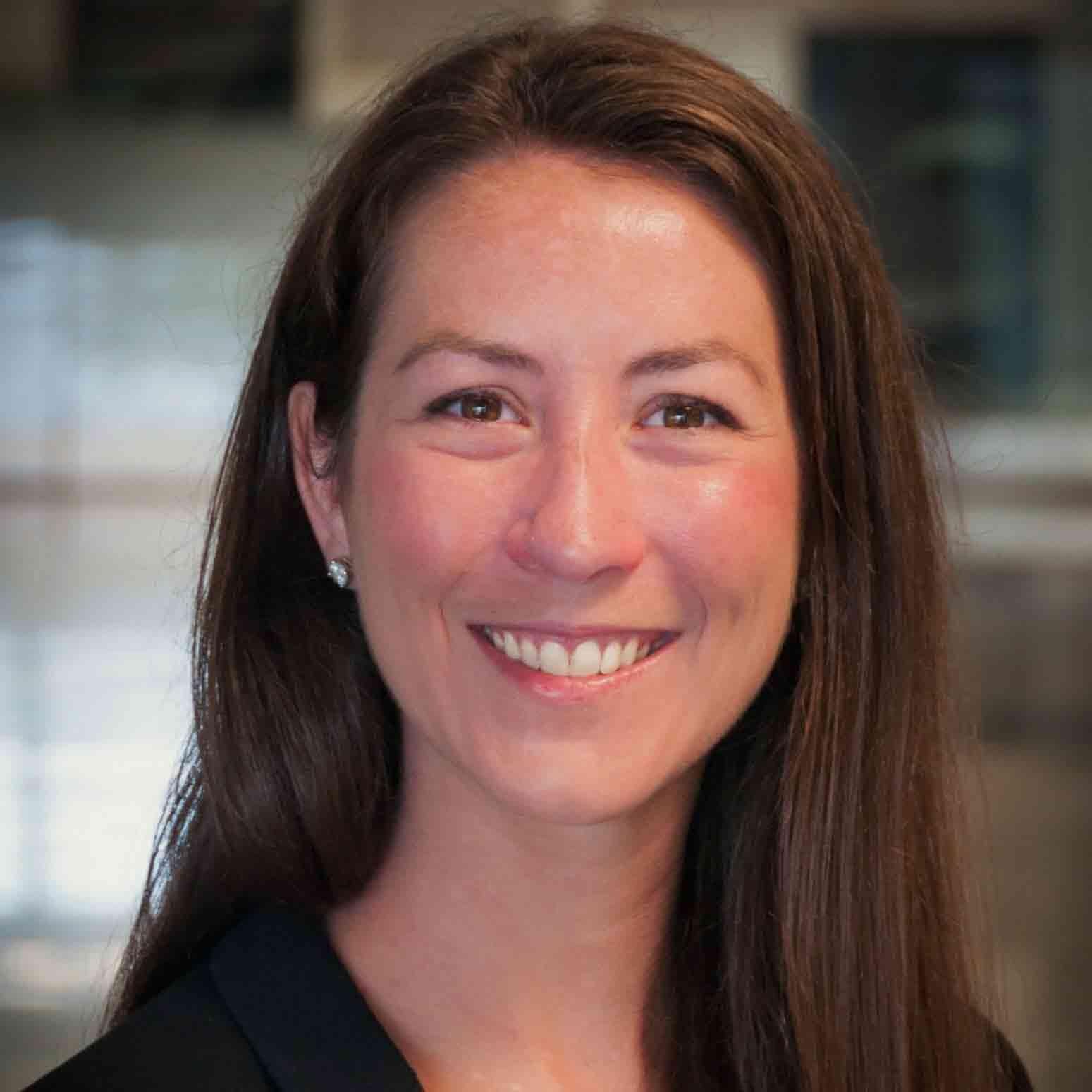Arts
Creative practice as personal expression and social commentary
Introduction
Art—in its infinite forms, functions and implications—is the most accessible and universal way of constructing meaning out of the world we inhabit.
The Arts Scholars program helps students gain a deeper understanding and appreciation of the role that art plays in society and in history. Through a mix of lectures, discussions, demonstrations, collaborative art-making and interactions with guest artists, students consider:
- How art can help us uncover our past and more readily imagine the possibilities of the future;
- How and why art may be used to make an impact or send a message; and
- What different works of art, and personal reactions to them, may signify.
Students will be challenged to conceptualize, articulate and present original ideas through a variety of methods, getting firsthand experience in creative problem-solving and project execution. Ultimately, students will strengthen their personal artistic skill and learn to appreciate a broad spectrum of art disciplines.
The Arts Scholars program attracts a diverse student population from a range of academic disciplines. No matter their area of artistic interest or skill level, students will find themselves immersed in a collaborative learning environment.
Colloquium and Lecture Topics
- What is art? What is “good” art? Understanding social definitions of art and their influence on artistic taste.
- How can we leverage the influence of artistic practice to constructively comment on the depth of our differences, our shared commonalities, and the nuances of identity as individuals and community members?
- What does research look like in the arts? Exploring common methods of creative and artistic research in the professional world.
- In what ways can we embrace creative approaches to identify, address and bring clarity to the societal challenges faced by “you,” “us,” “them” or “other”?
- How can art reshape or recontextualize understanding of our (individual and societal) learned history, biases and beliefs? How can it make visible the invisible?
- West African djembe: Exploring the role of music in community building, storytelling and cultural understanding
I have been challenged to think differently, work cooperatively, embrace creativity and, most importantly, go beyond the limits I have set for myself. Because of this program, I can confidently say I feel infinitely more prepared for the “real world,” and for that confidence and growth, I could never be more grateful.
Other Learning Opportunities
A variety of learning opportunities supplements the Arts curriculum. As an Arts Scholar, you will be introduced to artists, professional ensembles and world-class institutions each semester, through workshops led by guest artists; attendance at live performances in Washington, DC, New York City and on campus; and visits to the Smithsonian's renowned art and history museums.
In addition, you will get a chance to:
- Conceptualize, execute and present a capstone project of your choosing during your second year;
- Participate in service-learning with local schools and arts nonprofit organizations; and
- Cultivate valuable leadership and communication skills through peer mentoring and peer teaching opportunities.
Curriculum Overview
Over the two-year program experience (four semesters), students will complete up to 6 credits of supporting courses that will count toward your Arts Scholars citation. In most cases, these will also fulfill General Education requirements. Note that your Scholars courses—colloquiums, capstone practicum and supporting courses—will generally be in addition to any courses you take to satisfy major requirements.
The following represents a typical two-year curriculum, but individual schedules may vary. Details about courses and requirements can be found on the Arts Citation Checklist.
| SEMESTER | COURSE | CREDITS |
|---|---|---|
| Freshman Fall | Scholars Colloquium | 1 credit |
| Academic Writing (can be taken either Freshman Fall or Spring semesters) | 3 credits | |
| Arts Service Learning (Optional) | 2 credits | |
| 2–4 courses toward degree and major requirements (including possible supporting course) | 6–12 credits | |
| Freshman Spring | Scholars Colloquium | 1 credit |
| Arts Service Learning (Optional) | 2 credits | |
| 3–5 courses toward degree and major requirements (including possible supporting course) | 9–15 credits | |
| Sophomore Fall | Scholars Colloquium | 1 credit |
| 4–5 courses toward degree and major requirements (including possible supporting course) | 12–15 credits | |
| Sophomore Spring | Scholars Colloquium | 1 credit |
| Scholars Capstone | 2 credits | |
| 4–5 courses toward degree and major requirements (including possible supporting course if not already completed) | 12–15 credits |
Sponsoring College
Residence Hall
Bel Air Hall
Faculty


Social Media, Etc.
The Diamondback: UMD students' dance workshop highlights Japanese Butoh style, May 2022
Arts News
COVID-19 Anxiety: Scholars Faculty is Here for Students
Scholars students received the following message today from Dr. Marilee Lindemann, executive director of College Park Scholars: Dear students, I know the past few days have been a lot to take. You’ve undoubtedly experienced a range of emotions in a very short span of time, as rumors have spread about the campus response to the coronavirus. I’m sure you feel like you have a lot of questions and not enough answers. Maybe the only thing you know for sure now is that you feel uncertain and anxious. This is a new and unsettling situation for all of us. It is also a rapidly evolving situation, which has added to the difficulty of communicating about it in a way that works for everyone.
Scholars Alum: Valentine's Special with Jeff Amoros and Corey Brewer
College Park Scholars Executive Director Marilee Lindemann often jokes to new students that some of them may end up meeting the love of their life in Scholars. The line usually gets an incredulous, slightly nervous laugh from students, but it’s true: Some of our Scholars students eventually go on to fall in love and marry. In this special Valentine’s edition of our alumni profiles, we offer a Q&A with one such couple. Jeff Amoros and Corey Brewer Alum of: BOTH: International Studies Year graduated: BOTH: 2009
Scholars Alum: Kristen Wolfe, a Disney Animal Kingdom Zookeeper
Kristen Wolfe Alum of: Life Sciences Year graduated: 1998 A 1998 graduation year must mean you were in the first class of Scholars. What was it like? Did you understand what Scholars was about when you accepted the invitation? Yes, I was the first class. For me, I didn’t realize what Scholars was. I had applied to the University of Maryland, and this letter came in the mail that they were offering me this program. Once I came for Orientation, I started to realize it was something new and different. They explained that it was a program that helped people with adjusting to college, and you'd have other students in your classes that you lived with and would be able to get help from along the way.
College Park Scholars Gives Out Inaugural Hoffman Scholarship
College Park Scholars recently awarded the very first Randall G. and Susan Woodfield Hoffman Endowed Scholarship, to Ryan Gerbes, a sophomore mechanical engineering major in the Science, Technology and Society (STS) Scholars program. “I can’t begin to describe the honor and gratitude I feel as the first recipient of the Hoffman Scholarship,” says Gerbes. “The award, and the spirit of service, gratitude and community that it represents, inspires me to continue my work with fresh passion and commitment.”
College Park Scholars Awards First Ken Joseph Scholarship
College Park Scholars has awarded the inaugural Kenneth A. Joseph Memorial Endowed Scholarship, to first-year Media, Self and Society Scholars student Amanda Hernández. “Affording college was always something that I worried about, especially when I was trying to decide where to enroll,” says Hernández. “This scholarship is not only helping me on that front but has also inspired me to do more. I’m incredibly grateful for being chosen and hope to represent College Park Scholars more in the future.”
Scholars Alum: Sean Murphy, Creator of Peer Mentors
As part of our yearlong #ScholarsAt25 recognition of our 25th anniversary, Scholars is publishing occasional profiles on our alums. To be considered for an alumni profile, please fill out the form at go.umd.edu/alumniprofile. Sean Murphy Alum of: Science, Technology and Society (STS) Year graduated: 2012 for first degree, 2016 for the second—I originally graduated with a BS in mathematics. After a failed year in graduate school in applied mathematics, I reevaluated things and decided to go back to UMD for a BS in electrical engineering.
